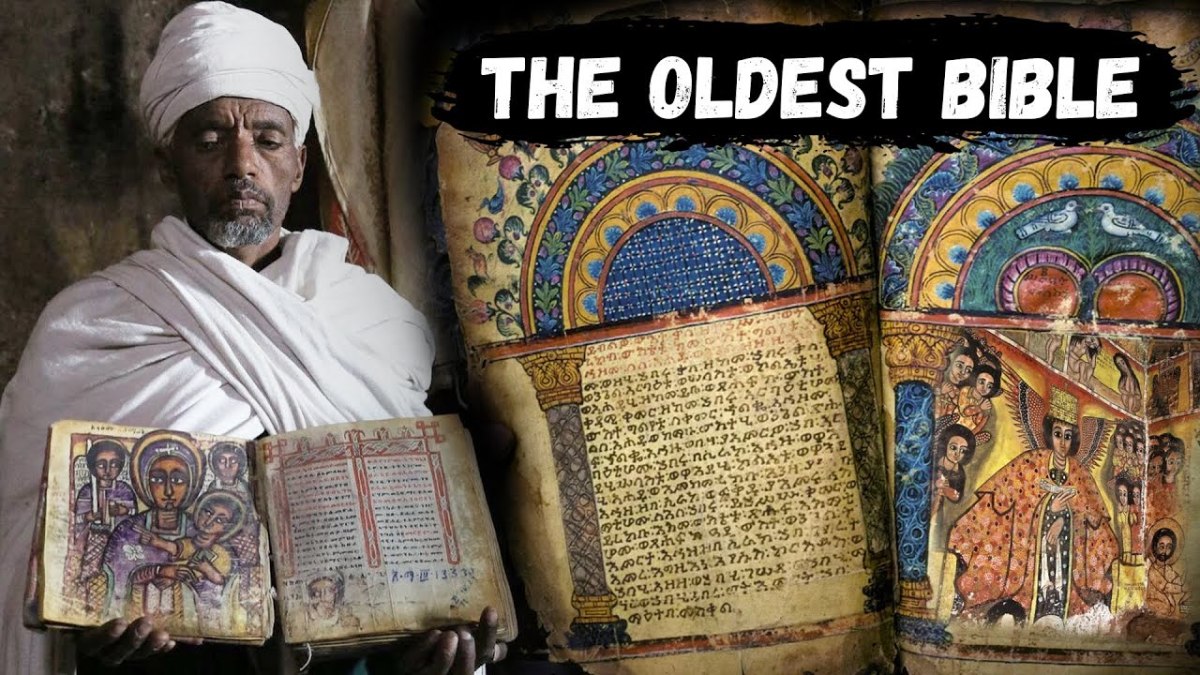Mysteries of Christianity: Spiritual Fruit

"For the fruit of the Spirit is in all goodness and righteousness and truth" (Ephesians 5:9 KJV).
Here, the word "fruit" refers to the product or end result. This "spiritual product" is the foundation of everything in the Bible.
The purpose of the Bible is the attainment of this spiritual fruit and the reawakening of the true, spiritual self, within. Compare this "spiritual fruit" to the fruit mentioned in Genesis 3.

The Fruit of Dichotomy and the Fall from Grace
"And the LORD God called unto Adam, and said unto him, Where art thou? And he said, I heard thy voice in the garden, and I was afraid, because I was naked; and I hid myself. And he said, Who told thee that thou wast naked? Hast thou eaten of the tree, whereof I commanded thee that thou shouldest not eat?" (Genesis 3:9–11 KJV)
Notice here that God immediately knew that the shame of Adam was from the "fruit" of the tree of knowledge of good and evil. This was no biological fruit—no plant material. This was the product of dichotomy—opposites like good-evil. Prior to this, Adam had only known the perfection of spiritual respect.
Because of the temptation, Adam and Eve had found shame—something they had never known before. They had fallen from the state of perfection into the physical dichotomies of imperfection. Now, they knew mortal respect and its opposite, shame. But both ends of this dichotomy lay in darkness. The "good" is not the good of spirit. Adam and Eve had left that behind. This was their spiritual death.

Impure Goodness
Within mortal respect is a fear of shame—a permanent blemish. Within shame is a desire for respect. In the mortal (physical) realm, there is no perfect form. All is dichotomy (opposites).
The perfect form of anything is not easy to discuss because it remains a rare phenomenon. Our vocabulary was not built for it. Also, we're usually blinded into thinking that mortal goodness is true and pure goodness. It isn't. Certainly it is better than blatant evil, but ego poisons the entire spectrum of the dichotomy from evil through wicked and moderately bad to very good. Mortal goodness is still only mortal, vulnerable and temporary. It still remains in darkness.
Here is an example of mortal goodness falling far short of God's ideal.
"Take heed that ye do not your alms before men, to be seen of them: otherwise ye have no reward of your Father which is in heaven" (Matthew 6:1, KJV).
And in Luke 7:36–50, Jesus is invited to share a meal with a Pharisee, but the host is distracted by a sinful woman who washes and kisses the feet of Jesus. The superficial "goodness" of the Pharisee was nothing compared to the overflowing fountain of humble goodness of the woman.
There is a universe of difference between spiritual respect and mortal respect. Like shame, mortal respect is also filled with ego and dichotomy. The fact that it resembles pure, righteous respect is the very problem being discussed here. So, how do you tell the difference?

How Does One Tell the Difference?
Many who claim to follow Christ may be following ego, instead. How can a Christian tell the difference? It's not easy at first. The "Good" of spirit looks a lot like the "good" of the physical to someone who has not yet found the spirit. The difference is in humility. The difference is in the fact that the mortal variety is always tainted with its opposite and both are wrapped in varying degrees of selfishness. They are two sides of the same coin and no matter how much you admire the good on one side it always comes with the evil on the other.
Try this out: The next time you do your daily routines, change it up. Try something different. Listen to the quiet, still voice within and let it guide you to change your pattern. Here are some examples:

Practicing Humility
- When you take a shower or bath, do not touch your head after cleaning your feet. Perhaps you already do this. But if you don't, try it and watch your attitudes and feelings. You might catch yourself thinking, "Why am I doing this idiocy!" or "I don't have to do this!" But that's ego talking.
- If you own a Bible, never set anything on top of it and never set it on the floor, on the seat of a chair or bench. Never let it get dusty, but never clean it with something that is already dusty. Cultivate respect.
- When you get up in the morning, recite the Lord's Prayer before anything else, do light stretching exercises and then shower or bathe. Again, perhaps you already do this. The object is to do something respectful that challenges your normal routine.
Understand How Noah's Flood was an Act of Love

If you find yourself doing something you want to do, stop and challenge yourself to wait, or to do something entirely different. For example, if you have the urge to scratch an itch, pick up a pen and write a poem, instead. By challenging the ego and not doing the thing it wants, we become more aware of it. By doing this we also practice humility.
Why? You do this because you want to cultivate humility, and because you want to cultivate an awareness of the source of your thoughts and feelings. These exercises hold no claim to perfect behavior. The above examples are only one of many ways to do things. One could set shoes on top of a Bible to keep them from getting wet in a storm. Someone else might take the shoes off in disgust, feeling that something so low should not go above something so sacred. The specific action in these exercises doesn't matter, unless it is intrinsically evil. What matters is the motivation behind those actions.
We can all get caught up in what we want to do and forget humility and obedience to God. One very potent example of this is the selfish confidence (arrogance) that one might have in interpreting scripture. Those who harangue and beat others over the head with their sense of righteousness may not be doing it for the purest of reasons.

Setting Priorities
Another example of this cultivating humility comes from Genesis and the story of Abraham and Isaac. Abraham loved his son so much that his heart was no longer devoted to God. The request that followed was a reminder to Abraham to subdue selfish intent and not to become so attached to the things of this world. Those attachments are at the heart of selfishness and ego.
Abraham was reminded that his love of God is far more important than his love for his wife or son. Each has its place and priority.
Those attachments and the sense of entitlement are what blind us to the spirit and keep us spiritually asleep.

With the humility which goes with obedience to God, we can find true and pure confidence. This is "faith"—the power to move mountains. With selfishness, confidence is tainted with doubt and becomes arrogance. Such blemished confidence is full of effort and imperfection. Only with the proper humility can one awaken the true self, within.
"Wherefore he saith, Awake thou that sleepest, and arise from the dead, and Christ shall give thee light" (Ephesians 5:14 KJV).





